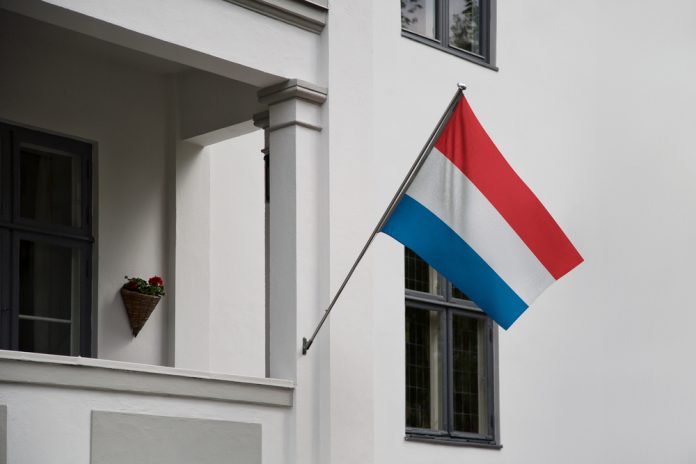Kansspelautoriteit (KSA), the Netherlands gambling regulatory authority, has launched a consultation to gather insights on how operator data should be collated and interpreted to help combat gambling addiction.
Under the terms of the KOA regime, which launched the Netherlands regulated online gambling marketplace on 1 October, all licensed operators are ‘obliged to systematically register and analyze data relating to the player’s gaming behaviour’.
KSA states that the upkeep and submission of quarterly reports by licensed operators are to be maintained as a directorship requirement of KOA duties.
Data from the reports submitted to KSA will be used to improve the regulator’s governance of the KOA regime, to optimise the management of the CRUKS self-exclusion system and as scientific research for Dutch health agencies helping prevent gambling harms.
Coinciding with the launch of the KOA regime, KSA has established an ‘Addiction Prevention Fund (VPF)’ that will be underwritten by taxes generated from the online gambling sector.
VPF duties will be imposed on licensed online gambling operators to help KSA achieve its three objectives of providing anonymous treatment, improving research of gambling addiction and establishing a centralised ‘National Counter’ for all problem gamblers and families to register and seek advice.
Supporting VPF directives, KSA has appointed Zorginstituut – the Netherlands National Health Care Institute to develop a new framework for the treatment and support of gambling addiction.
Meanwhile, Dutch social welfare institute ZonMW will serve as the lead addiction and harms research agency providing independent oversight on how operator and market data should be interpreted to safeguard Dutch society and health networks against gambling harms.























